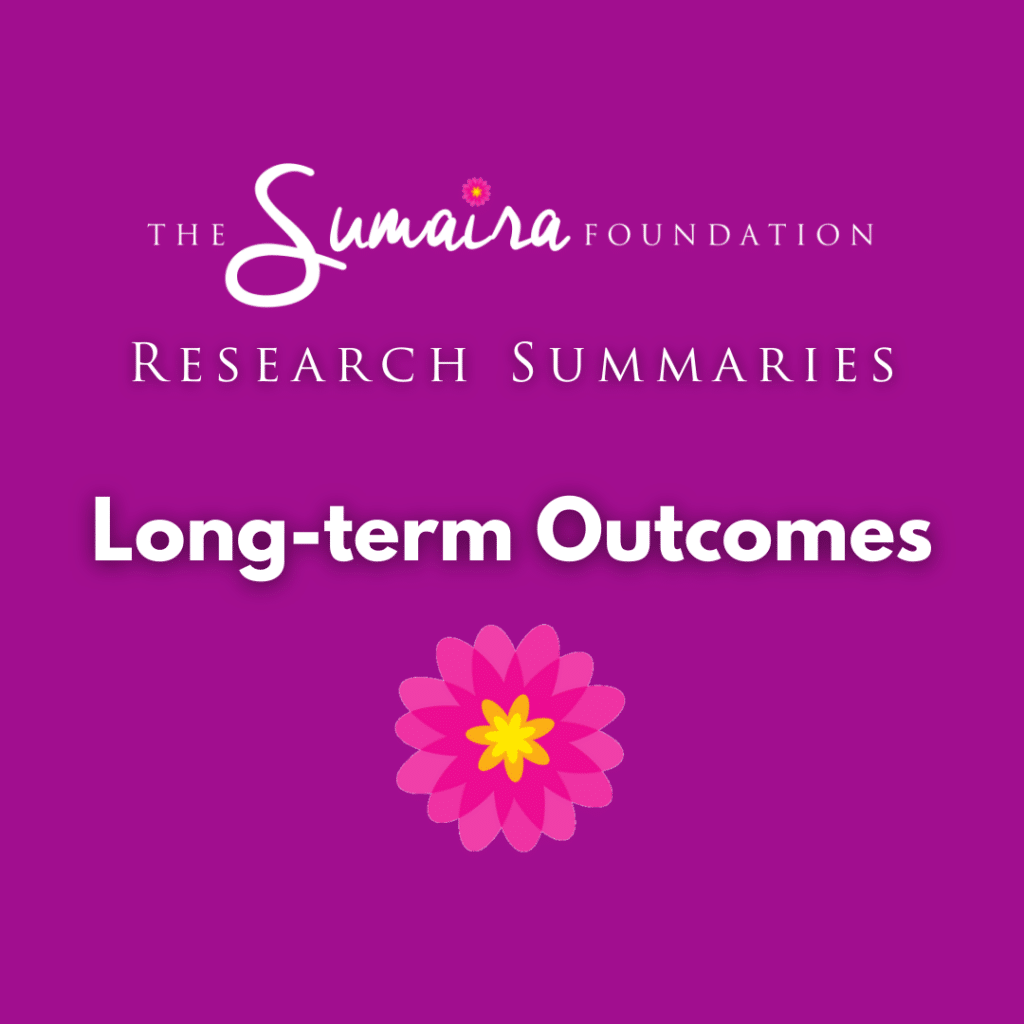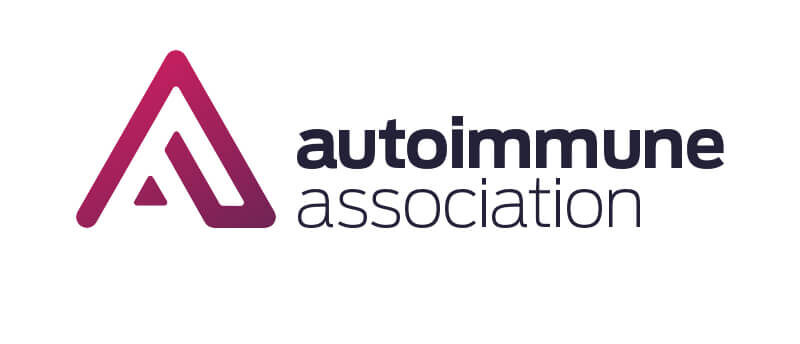
Predictors of relapsing disease course following index event in myelin oligodendrocyte glycoprotein antibody-associated disease (MOGAD)
Journal: Journal of Neurological Sciences; March 1, 2024
Author(s): Negar Molazadeh, Philippe A. Bilodeau, Rebecca Salky, Gauruv Bose, Itay Lotan, Gabriela Romanow, Monique R. Anderson, Marcelo Matiello, Tanuja Chitnis, Michael Levy
What predicts a relapsing disease course after the first demyelination event in MOGAD patients?
MOGAD may manifest as a one-time occurrence of demyelination (monophasic) or as multiple episodes (relapsing) over time. This study followed 124 MOGAD patients (77 female) for a median duration of 4.8 years to determine what factors could predict whether patients would have relapses based on the first occurrence. During the follow-up time, 50 of the patients (40.3%) remained monophasic and 74 (59.7%) developed a relapsing course. The average time between the first episode and the second episode was 3 months. Relapsing disease was less likely if maintenance therapy with intravenous immunoglobulin, rituximab, and mycophenolate mofetil was initiated after the first attack. If the first attack itself involved multiple demyelination events, a relapsing course was more likely.
Free Access: Patient access via email





















